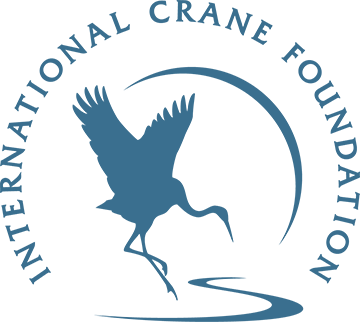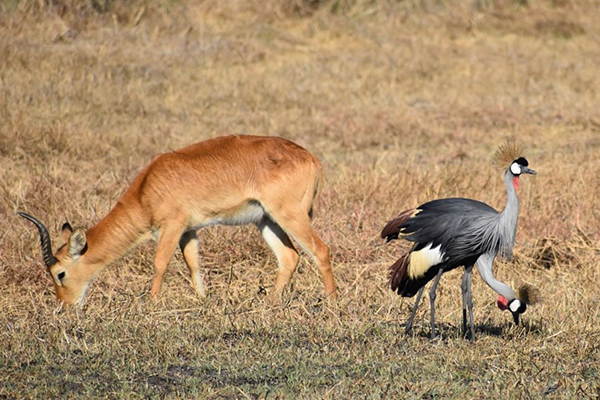
I want to share my immense pride and joy over my recent trip to Zambia, including one of the top highlights of my 30 years working in Africa. About three years ago, we decided that the only way we could save the Kafue Flats – one of the great wetlands of Africa for wildlife and people – was to commit deeply. Since the 1990s, we’d been doing aerial surveys and field research, engaged dam operators to improve water conditions, and ran a great community-based project to control invasive mimosa shrubs on this floodplain. But all this time the Kafue Flats continued to decline, with unsustainable land use and plummeting wildlife populations. So, we signed a 20-year agreement with Zambia’s Department of National Parks and Wildlife, in partnership with World Wildlife Fund-Zambia, to support law enforcement, community engagement and livelihoods, ecological management, and research and monitoring aimed at restoring the Kafue Flats before it’s too late.
Why law enforcement? We’ve been a leader worldwide in community-based conservation solutions for decades. But we need to do more to save the majestic herds of lechwe antelope, buffalo, zebra, hippo and other wildlife that are being decimated for the illegal bushmeat trade. We need well-trained, supported and effective anti-poaching forces. Law enforcement might seem off-mission for a crane conservation organization, but the reality is that cranes and many of the other 470 species of birds that use the Kafue Flats are highly dependent on wildlife grazing to create the habitat conditions they need. Without its charismatic wildlife, we also fear the Kafue Flats would lose government support and be converted to sugar fields, to the detriment of the wildlife and people of the flats.
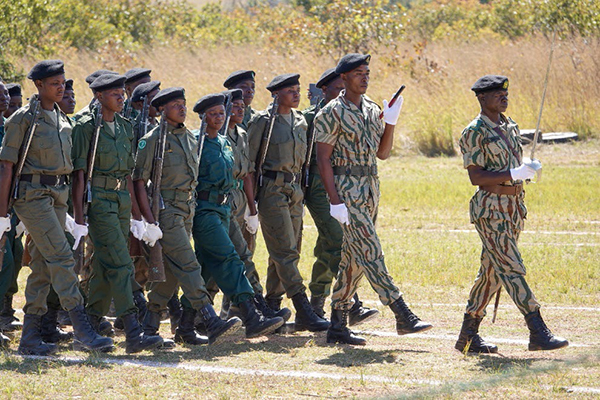
Our plan is to bolster law enforcement while increasing employment and income for the communities that depend on the flats. When we took on this challenge, there were very few scouts protecting this vast area, and they had almost no support whatsoever with respect to housing, food, water, transportation or other basic needs. They had not been paid in 18 months – imagine! We provided support and backpay for the long-serving scouts and recruited 55 new wildlife scouts to train and deploy across the flats.
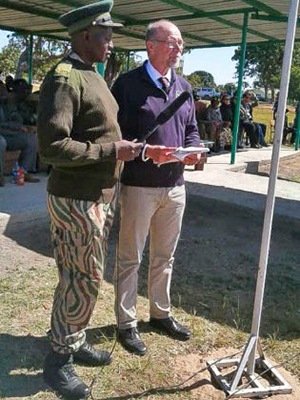
On June 7, we attended the graduation ceremony for the scouts. They were so impressive! Out of an overall group of 104 scouts that were trained this year to protect conservation areas all over Zambia, our 55 newly trained scouts for the Kafue Flats dominated the day. They were honored with a range of impressive graduate awards – including best overall performance, best leadership, most creative and hardest-working.
The Zambia government, traditional leaders and conservation partners shouted us out at the ceremony for our commitment to the neglected Kafue Flats, its wildlife and communities. I had the honor of delivering a commencement address to the scouts as the representative of conservation organizations working in Zambia for protected areas. It was a very inspirational day!
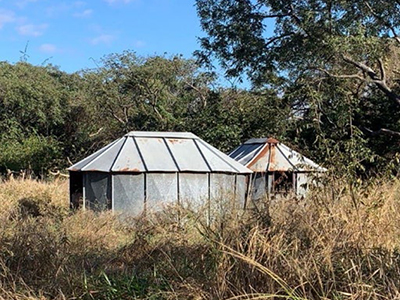
Our community scouts are now highly motivated to secure the future of the Kafue Flats. But they live and work in appalling conditions – their houses have leaking roofs and unsafe foundations, they lack safe water supplies, sanitation and other basic human needs, and their field operations are chronically underfunded. We are focused now on critical infrastructure to support their success – better housing, running water, vehicles, communications, equipment and other needs. It’s as much a humanitarian commitment as a conservation necessity.
I look forward to celebrating a new day for the Kafue Flats – a healthy floodplain teeming with vast herds of wildlife and the largest population of Wattled Cranes in the world, and a thriving community that helped make it happen. After this past trip, I feel much closer to that day and dream.
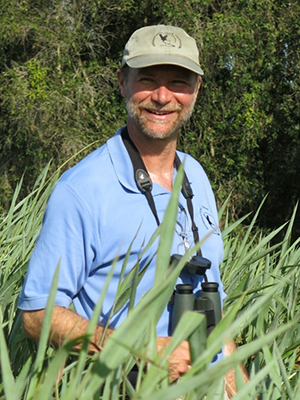
Rich Beilfuss, President and CEO
